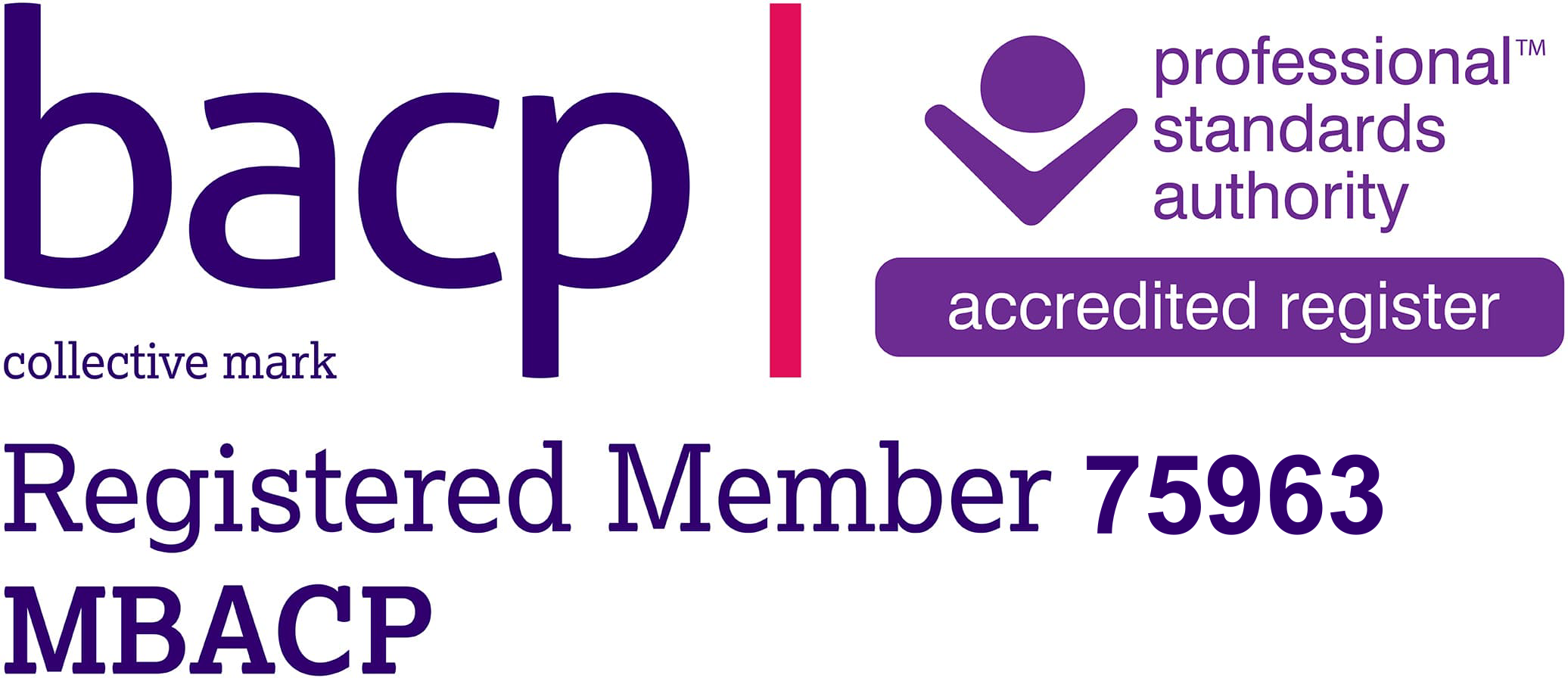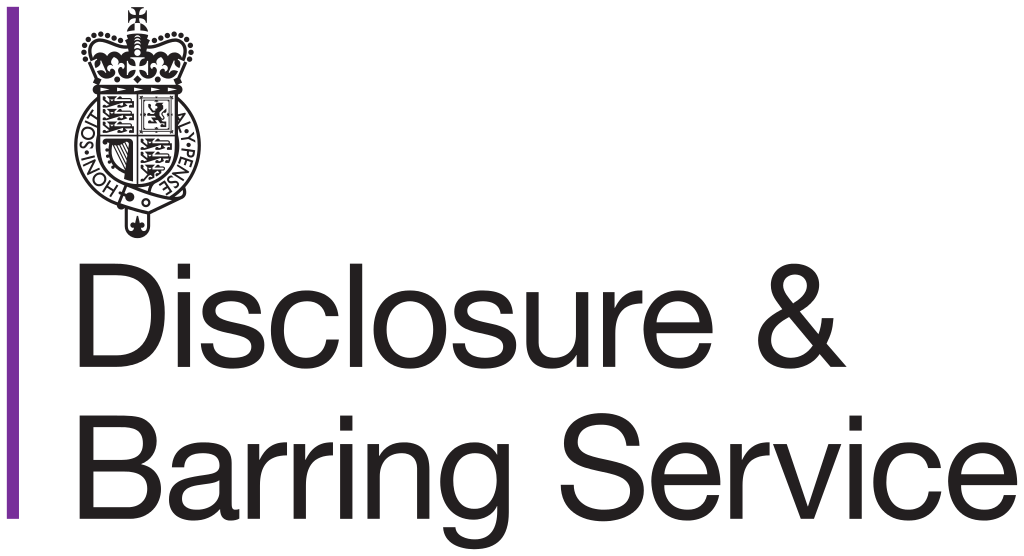
Dissociation: What is it?
Dissociation is at a basic level something we all do; we can have periods when we feel disconnected, like when you are driving along a familiar route and then realise you’ve no memory of the last few miles. We are able to split off various aspects of any experience we have either internally or externally, these are stored in the brain and when we recall one experience, it will allow us to recall other experiences that are associated with it. When that experience was traumatic, the person can do the opposite, instead of associating one experience with another, they will dissociate, split off from that experience. The purpose of dissociation is to separate the person from their experience.
Dissociation is a natural instinctive defence mechanism, a way of surviving. Let me give you an example: A farmer could have had an accident while being all alone in a field, he cut his hand off in the machine he’s working with, he can dissociate from the reality which will enable him to gather up his severed limb, walk off to town and queue up at the chemist and calmly ask if they can fix it. If he hadn’t dissociated, chances are he would have gone into shock, pass out, and possibly bled to death.
Five types of Dissociation:
Amnesia: More than the normal amnesia of ‘where did I put my car keys’, or like the driving example given above. This is not knowing who you are, or not being able to recall incidents or experiences that happened, maybe you’re married but can’t recall the wedding, have children but can’t remember the birth.
Depersonalisation: Feeling that you are disconnected from parts of your body, not recognising your arm and hand for example, or out-of-body experiences like watching yourself as if it were a movie.
Derealisation: Feeling that you are disconnected from the environment or other people, they seem unreal.
Identity confusion: Uncertain about who you are, unable to define yourself, similarities to that adolescent phase between childhood and adult.
Identity alteration: Experiencing more than one identity, a shift in your role that others could notice.

Development
Dissociation can develop where overwhelming experiences occur, most commonly in early childhood, when the brain is in early development, survivors of this trauma could go on to have a dissociative disorder. Another factor could be if there was an insecure attachment to a primary care giver, due to abuse from that care giver. Experts agree that most complex dissociative disorders appear when the following factors have been present.
Abuse begins before the age of five
It is severe and repeated
The child has developed a natural ability to dissociate
If there has been no adult to provide comfort
If the child has had to be emotionally self- sufficient.
A person who has a dissociative disorder may also be experiencing other problems too such as anxiety, depression, suicidal thoughts, panic attacks, hearing voices, phobias, obsessive behaviours, and more. These symptoms in themselves does not directly indicate a dissociative condition, diagnosis will have to be given by a trained clinician. Dissociative identity disorder used to be confused with a multiple personality disorder, where anti- psychotic medications are beneficial; these meds are not helpful with dissociative conditions.
The excellent training given by the European Society for Trauma and Dissociation, along with First Person Plural, has given me the foundation to do further work with this client group. Dissociation can be seen as a way of survival, for a person who is suffering from abuse/trauma, and importantly dissociation can re-surface even after the original abuse has ended. There could be moments when that person is triggered into a dissociative state through any of their senses, a smell, sound, sight or touch for example, or perhaps an environment.
For more information, please visit First Person Plural and European Society for Trauma and Dissociation (ESTD)
How to recognise a Dissociative Disorder?
The following are just some of the symptoms that could lead you to seek a diagnosis and therapeutic support:
Feeling detached from the world
Feeling like there are different people inside you
Referring to yourself as ‘we’
Out of body experiences
Gaps in your memory
Forgetting a learnt skill or talent
Distorted view of your own body
Writing in a different hand writing
Being told by others you behaved out of character
Forgetting important personal information
Behaving like a different person or a child.






